Mindful Eating - A state of Wellbeing
We all understand that what we eat can have a big impact on how we feel physically and mentally. See how following a healthy diet can protect your mental health.
Eat Regular Meals & Balance Your Blood Sugar
You need to feed your brain regularly with the right mix of nutrients for it to work properly. Unlike other organs, your brain relies on a steady supply of glucose (ideally coming from starchy carbohydrates) as its primary fuel. Aim to eat little and often to keep your mood at its best.
Include some protein at every meal
Tryptophan is an essential amino acid which is converted in our bodies into serotonin, a neurotransmitter, or chemical in the brain. Our bodies can’t produce tryptophan, so we need to get it through our food. Amino acids are protein fragments, so it is protein-rich foods that can keep your serotonin levels in the happy zone. Fresh meat, fish, shellfish, eggs, low fat dairy, nuts, seeds, lentils and beans are the best sources of protein.
Snacks can be healthy contribution to nutrition intake and can also stave away hunger. A healthy snack should be a boost of energy and also a source of vitamins and minerals. A healthy snack should come from one of the major food groups- carbohydrates, protein, dairy or fruit and vegetables. To help you, we have complied a list of healthier snacks which are all less than 150-200kcals:
• Small pack of unsalted popcorn or homemade popcorn
• Wholegrain pretzels
• Fruit and vegetables
• Nuts and seeds- unsalted and only a handful e.g. 12 almonds or cashews
• A 0% or low fat-low sugar yoghurt with a piece of fruit
• Peanut butter and a slice of wholegrain toast or ryvita cracker
• Plain yoghurt with berries
• Light cheese with grapes and a wholegrain cracker
Choose more wholegrains, fruit & vegetable foods
These foods are rich in a range of vitamins and minerals that your body needs to function well. Wholegrain cereals, peas, beans, lentils, nuts, seeds, fruits and vegetables are rich in B vitamins and zinc. The B vitamin folate is thought to be essential for preventing depression. Due to their fibre content, fruit and vegetables will naturally fill you up and help you cut back on unhealthy food. A portion is 1 apple/banana/orange/pear, 2 mandarins/kiwis/plums or an 80g serving of cooked vegetables.
Drink enough water
It’s free, readily available, and incredibly good for us. Evidence shows that even slight dehydration may affect your mood. Since we know that a healthy brain contains up to 78% water, it makes sense to drink plenty. Aim for 6-8 glasses (about 1.5- 2 litres) water per day.
Foods which may have a negative impact on our mood
Caffeine may affect your mood and may lead to withdrawal headaches and to low or irritable mood when the effects wear off. Drinks such as coffee, cola, energy drinks and tea, as well as chocolate, contain caffeine and should be limited. Alcohol should also be treated with caution. Drinking too much alcohol can cause dehydration and can lead to B vitamin deficiencies, which can lead to feelings of depression and anxiety
Get the right balance of fats & include essential fatty acids in your diet
Our brains are made of around 50% fat, and our cells need fats to maintain their structures, therefore an adequate supply of fats are needed to maintain health. A small amount of fat is an essential part of a healthy, balanced diet. Omega-3 (found in salmon, sardines, mackerel, pilchards, herring) and omega-6 (vegetable oils, some nuts and seeds) unsaturated fats are called essential fats, because unlike some other substances, they can’t be manufactured within the human body, and therefore it is essential that you take them in through your diet.Trans fats (found in processed meats, ready meals and bakery products) seem to be harmful to brain structure and function (as well as heart health) and should be reduced as much as possible. Nuts provide a range of nutrients, including healthy fats combined with moderate amounts of protein. They are an energy dense snack, so be careful with your portion sizes- a handful a day is a good guide.
Probiotics
Scientists have found that your brain and your gut have a deep connection. Stress goes down from your head to your gut, knocking you and your gut flora off-balance. On the other hand, a healthy gut can help make your brain happier. Probiotics are live microorganisms which supply your gut with a beneficial intake of certain kinds of bacteria. Examples include yoghurt, miso, honey, fermented vegetables, dark chocolate and olives.


